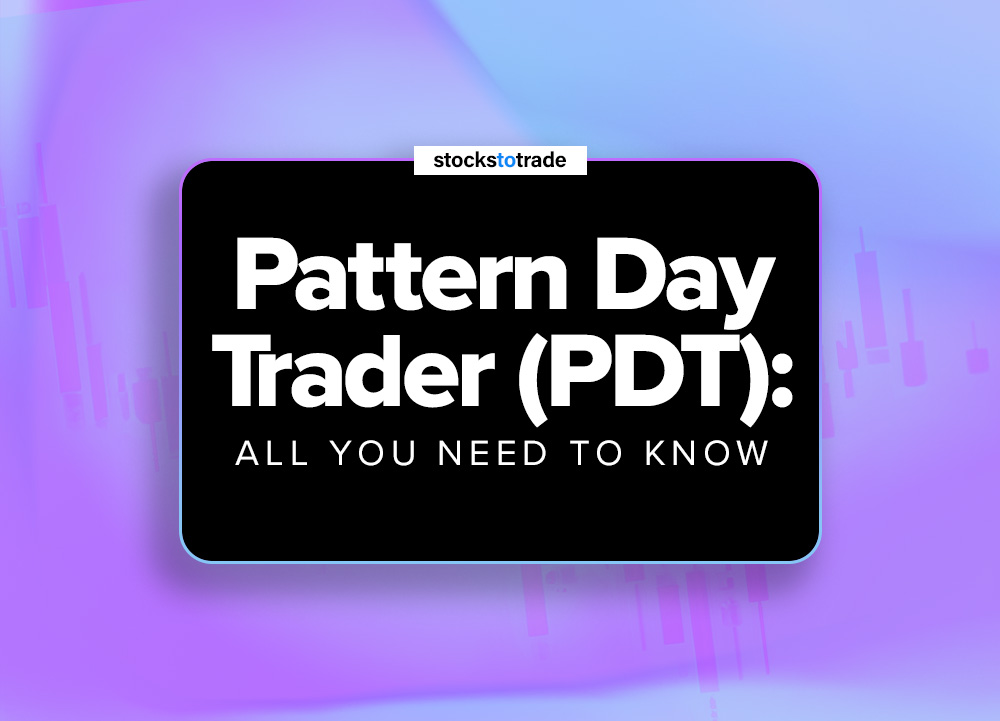Did you know that if day trading were a sport, FINRA would be the referee, ensuring everyone plays by the rules? In this article, we dive into the essential FINRA regulations every day trader should know. From understanding what constitutes a pattern day trader to the licensing requirements and margin regulations, we've got you covered. Learn how FINRA oversees trading activities, the penalties for violations, and the necessary disclosures to stay compliant. With insights from DayTradingBusiness, you'll discover how to navigate the regulatory landscape and protect yourself from fraud while enhancing your trading strategies.
What are FINRA regulations for day traders?
FINRA requires day traders to maintain a minimum account balance of $25,000, known as the Pattern Day Trader (PDT) rule. If you execute four or more day trades within five business days, you’re flagged as a pattern day trader and must meet this balance. You also need to adhere to margin rules, avoiding excessive leverage that could lead to margin calls. Accurate record-keeping and compliance with anti-fraud regulations are mandatory. FINRA enforces rules against excessive trading and manipulation, and traders must follow all SEC and FINRA rules to avoid account restrictions or penalties.
How does FINRA oversee day trading activities?
FINRA oversees day trading activities by regulating broker-dealers, enforcing compliance with securities laws, and monitoring trading practices. They require day traders to maintain minimum account balances of $25,000, known as the Pattern Day Trader rule. FINRA audits trading accounts, investigates suspicious activities, and enforces rules against manipulative or fraudulent practices. They also set rules for margin accounts, ensuring traders don't take excessive risks. Overall, FINRA's role is to protect investors and ensure fair, transparent trading for day traders.
What licensing do day traders need under FINRA rules?
Day traders need a Pattern Day Trader (PDT) minimum equity requirement of $25,000 under FINRA rules. They must also maintain this $25,000 balance in their margin account to execute at least four day trades within five business days. If they fall below this threshold, they can’t trade actively until they restore the minimum equity. No special license is required, but registering as a broker-dealer or associated person is necessary if they engage in proprietary trading or manage client accounts.
What are the FINRA rules on pattern day trading?
FINRA requires pattern day traders to maintain a minimum equity of $25,000 in their margin accounts. If your day trading activities meet the pattern day trading criteria—four or more day trades within five business days—you must adhere to this minimum. If your account falls below $25,000, you can’t day trade until you restore the balance. FINRA also bans trading on margin if the account doesn’t meet this threshold and enforces restrictions on trading frequency for pattern day traders.
How does FINRA define a pattern day trader?
FINRA defines a pattern day trader as someone who executes four or more day trades within five business days in a margin account, provided those trades make up more than 6% of their total trading activity in that period.
What are the margin requirements for day traders?

FINRA requires pattern day traders to maintain a minimum equity of $25,000 in their margin account. If your account falls below this, you can't day trade until you restore the minimum. This rule applies to accounts that execute four or more day trades within five business days, with those trades representing more than 6% of your total trading activity.
How does FINRA regulate leverage for day traders?
FINRA limits day traders' leverage to 2:1 for margin accounts, meaning they can borrow twice their equity. If a trader's account equity drops below $25,000, they face restrictions like a 90-day trading limit, known as the pattern day trader rule. FINRA also requires day traders to maintain a minimum equity of $25,000 in their margin accounts to engage in unlimited day trades. These rules ensure traders don’t take on excessive risk and maintain sufficient capital to cover potential losses.
What are the reporting obligations for day traders?
Day traders must report their taxable gains and losses accurately on their tax returns, typically using Schedule C or Schedule D. They are required to keep detailed records of all trades, including purchase and sale dates, prices, and commissions. If they qualify as pattern day traders, FINRA mandates maintaining a minimum equity of $25,000 in their trading account and reporting their trading activity to FINRA through the broker. Additionally, traders must adhere to anti-money laundering reporting requirements and may need to file suspicious activity reports if they detect or suspect fraud.
How can day traders avoid violating FINRA regulations?
Day traders avoid violating FINRA regulations by thoroughly understanding and adhering to rules on pattern day trading, maintaining minimum account equity of $25,000, and avoiding manipulative practices like pump-and-dump schemes. They should keep detailed records of all trades, follow proper risk management, and stay updated on FINRA's rules to prevent unauthorized trading activities. Regularly consult FINRA’s guidelines and seek advice from licensed financial professionals.
What penalties does FINRA impose on regulatory violations?
FINRA fines, suspends, or bans traders and firms for violations. Penalties include monetary fines, registration suspensions, and permanent bans. They may also impose cease-and-desist orders and require restitution. Repeat violations lead to tougher sanctions, including criminal referrals.
How do FINRA rules affect day trading strategies?

FINRA rules limit pattern day trading to accounts with at least $25,000 in equity, requiring traders to maintain that minimum daily. They also impose restrictions on excessive trading and require margin disclosures, influencing how often and aggressively traders can buy and sell. These regulations push day traders to develop strategies that stay within these limits, like avoiding over-leveraging or excessive trades that could trigger restrictions. Violating FINRA rules can lead to account restrictions, fines, or suspensions, so compliance shapes how traders plan their entries and exits.
Learn about How Do Prop Firms Affect Day Trading Strategies?
What disclosures must day traders provide to FINRA?
Day traders must disclose their trading activity, financial status, and experience to FINRA through their broker-dealer. They need to report their pattern day trading status, including maintaining minimum equity of $25,000 in their margin account. Additionally, they must comply with FINRA’s disclosure rules on risks, margin requirements, and any potential conflicts of interest.
How does FINRA protect day traders from fraud?

FINRA protects day traders by enforcing strict rules on broker-dealers, monitoring trading activity for fraud, and requiring clear disclosures. They oversee broker conduct, investigate suspicious behavior, and enforce penalties for violations. FINRA also mandates transparency in commissions and trading practices, helping traders spot and avoid scams. Their educational resources and complaint systems empower traders to recognize fraud and report misconduct.
Learn about How Can Day Traders Benefit from Dark Pool Data?
Are there specific FINRA rules for online day trading platforms?
Yes, FINRA has rules for online day trading platforms, including requirements for real-time data, order execution standards, and proper registration. They regulate broker-dealers offering day trading services to ensure transparency, fair practices, and investor protection.
Learn about SEC & FINRA Rules on Disclosure and Transparency in Day Trading
How can day traders stay compliant with FINRA regulations?
Day traders stay compliant with FINRA regulations by registering as a broker-dealer or associated person, following margin and pattern day trading rules, accurately reporting all trades, maintaining proper records, and adhering to anti-fraud and fair practice standards. Regularly reviewing FINRA rules and updates, using approved trading platforms, and consulting with compliance officers also help stay within regulations.
Learn about How to Stay Compliant With Day Trading Laws
What resources does FINRA offer for day traders?
FINRA offers resources like the FINRA Investor Education Foundation, online guides, and webinars to help day traders understand regulations, risk management, and best practices. The FINRA website provides access to rules on margin trading, pattern day trading requirements, and investor alerts. They also publish articles and tools to help traders stay compliant and informed about regulatory updates.
Conclusion about FINRA Regulations Every Day Trader Should Know
Understanding FINRA regulations is essential for day traders to navigate the complexities of the market while ensuring compliance. These rules dictate licensing requirements, margin regulations, and reporting obligations that can significantly impact trading strategies. By adhering to these guidelines, traders can mitigate risks and avoid penalties. Utilizing resources from FINRA can further enhance compliance efforts, empowering day traders to operate effectively within the regulatory framework. For comprehensive insights and support, turn to DayTradingBusiness to deepen your understanding of these crucial regulations.
Learn about What are the key regulations every day trader should know?